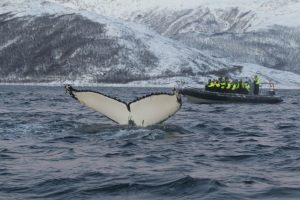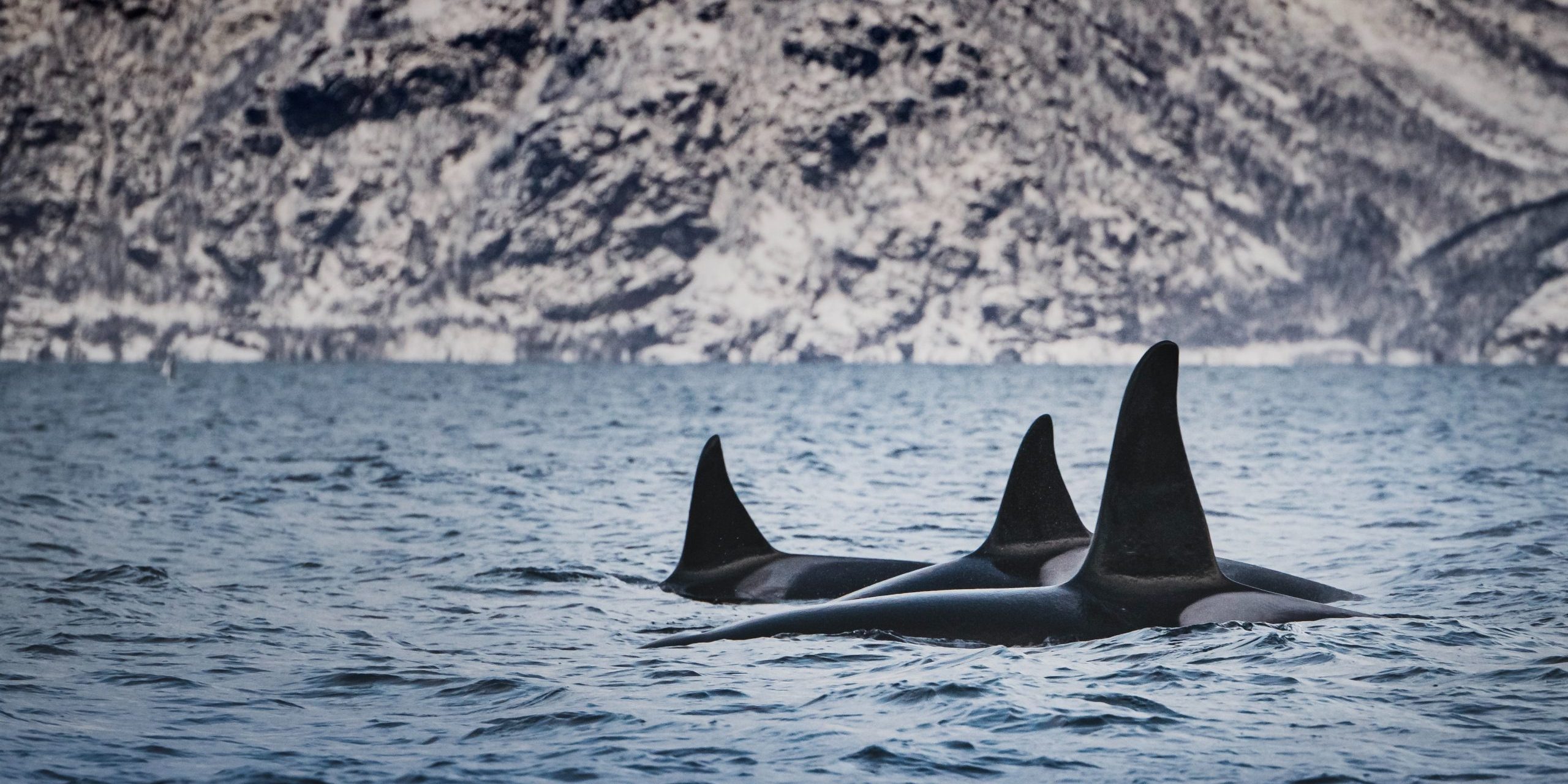The dog that saves orcas
Eba, an adopted mixed breed dog, has joined part of a research program to save killer whales. What is his role? To sniff and locate the feces of this endangered species.
Endangered killer whales
Orcas are endangered. According to a study published in the journal Science, half of the species will become extinct within 30 or 40 years. Pollution, more specifically PCBs, is once again responsible. Also known as polychlorinated biphenyls, these harmful materials are used in plastic, paint or oil, and are found in the oceans. Their toxicity first reaches killer whales. This is because these large predators consume fish whose organisms contain PCBs. Therefore, “even in healthy oceans, killer whales reproduce very slowly. Healthy killer whales need 20 years to reach sexual maturity and 18 months to bear a calf ”, says Paul Jepson of the Zoological Society of London. As a result, the species is becoming rare, appearing only in the Nordic Seas, towards Iceland and Norway, as well as in Canada.
Off Canada, only 74 southern killer whales remain. To address the urgency of the situation, researchers are using a novel technique.
Eba works with scientists
Since 2019, Eba has been accompanying scientists in the field to collect the feces of the species to be protected. This mixed breed dog was adopted by the marine biologist specialized in killer whales, Déborah Giles, after she found it abandoned. Although she did not plan to incorporate it into the Canine Conservation Program, she changed her mind about its traits. Eba is playful and very dynamic, which gave her detection skills that were useful to biologists at the time. The Centre for Biological Conservation’s program, which he joined a year earlier, trains shelter dogs to detect wildlife feces and marine wildlife.
Essential information

To become a detector dog, Eba has trained himself to associate the smell of southern killer whale stools with a toy. Now, he sniffs the air on the researchers’ boat and signals the presence of wanted specimens by running along with the ship. Its nose, which can smell from a kilometer away, has thus become an indispensable device for marine biologists. The Canine Conservation program plays a key role in research. The examination of orca droppings provides information on their genetics, stress, overall health, and the presence of pollutants in their diet.
Such analyses have an important impact on the scientific and ecological community and can be used by political decision-makers and the public to reconstitute the population.
Photo Credits : @bartvanmeele / Unsplash ; @photosimon / Unsplash
 High-quality writing is very important to members of the Global Goodness team. But no one’s perfect, so we always use Antidote.Encourage us if you like positive stories!
High-quality writing is very important to members of the Global Goodness team. But no one’s perfect, so we always use Antidote.Encourage us if you like positive stories!





